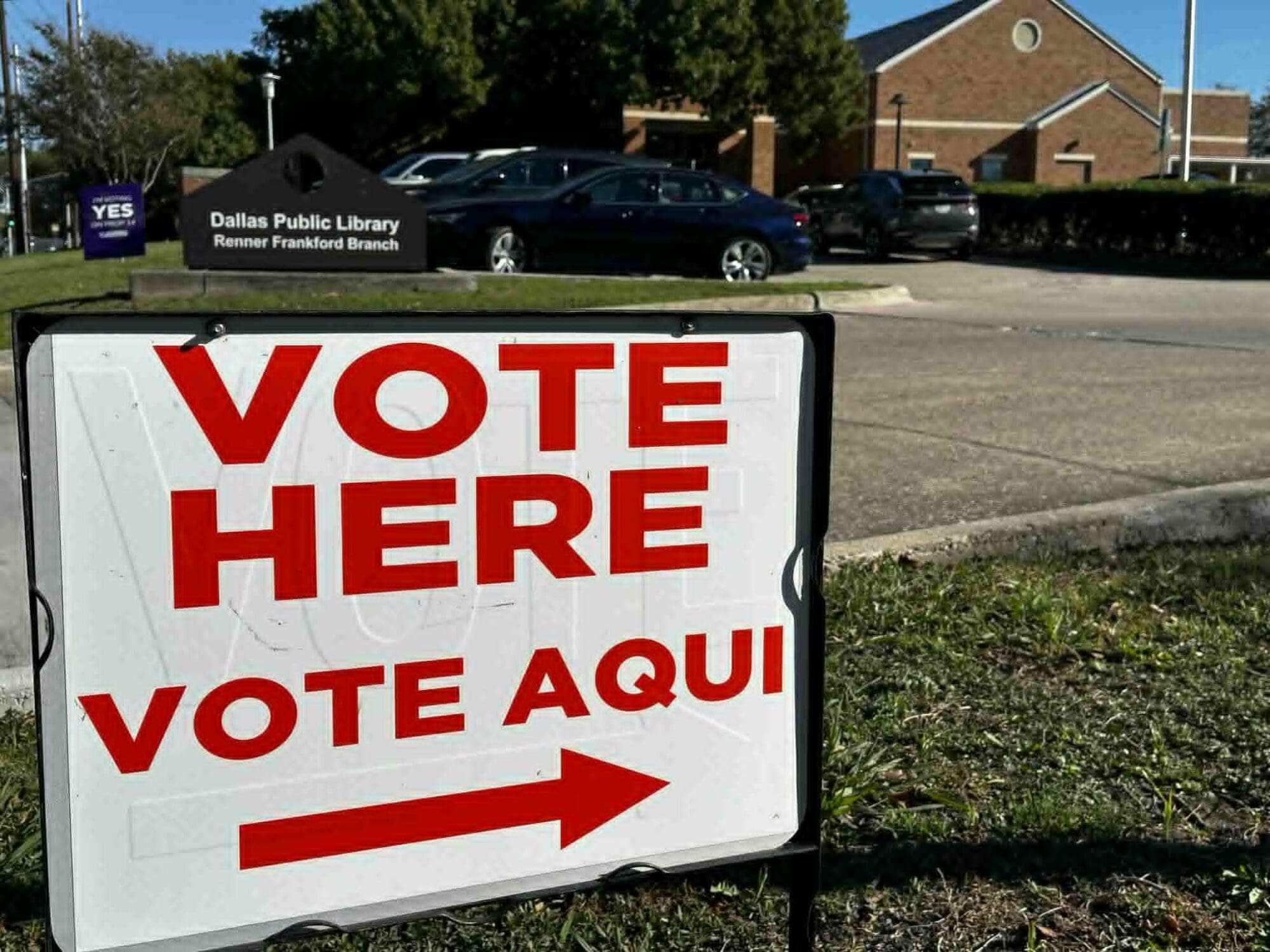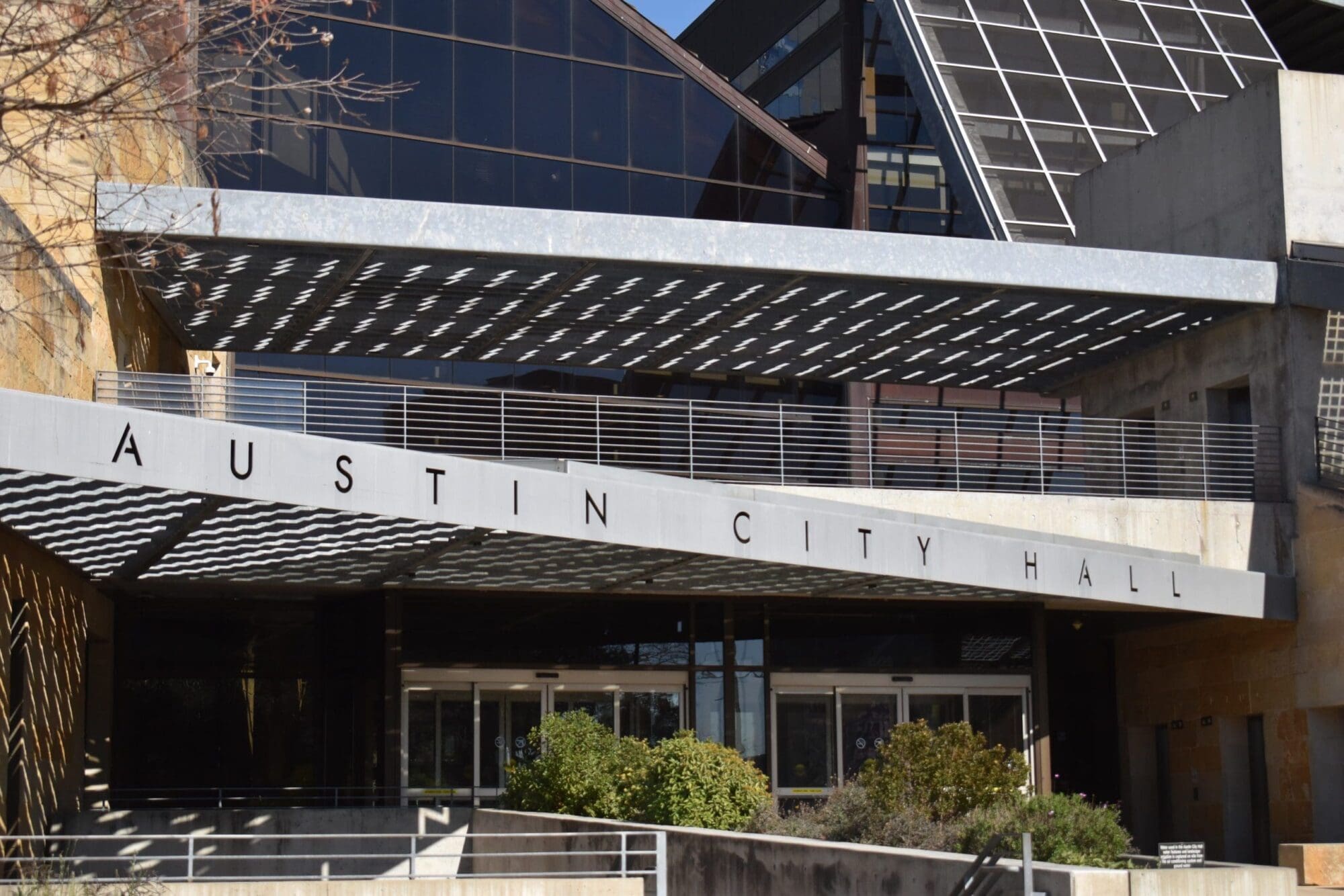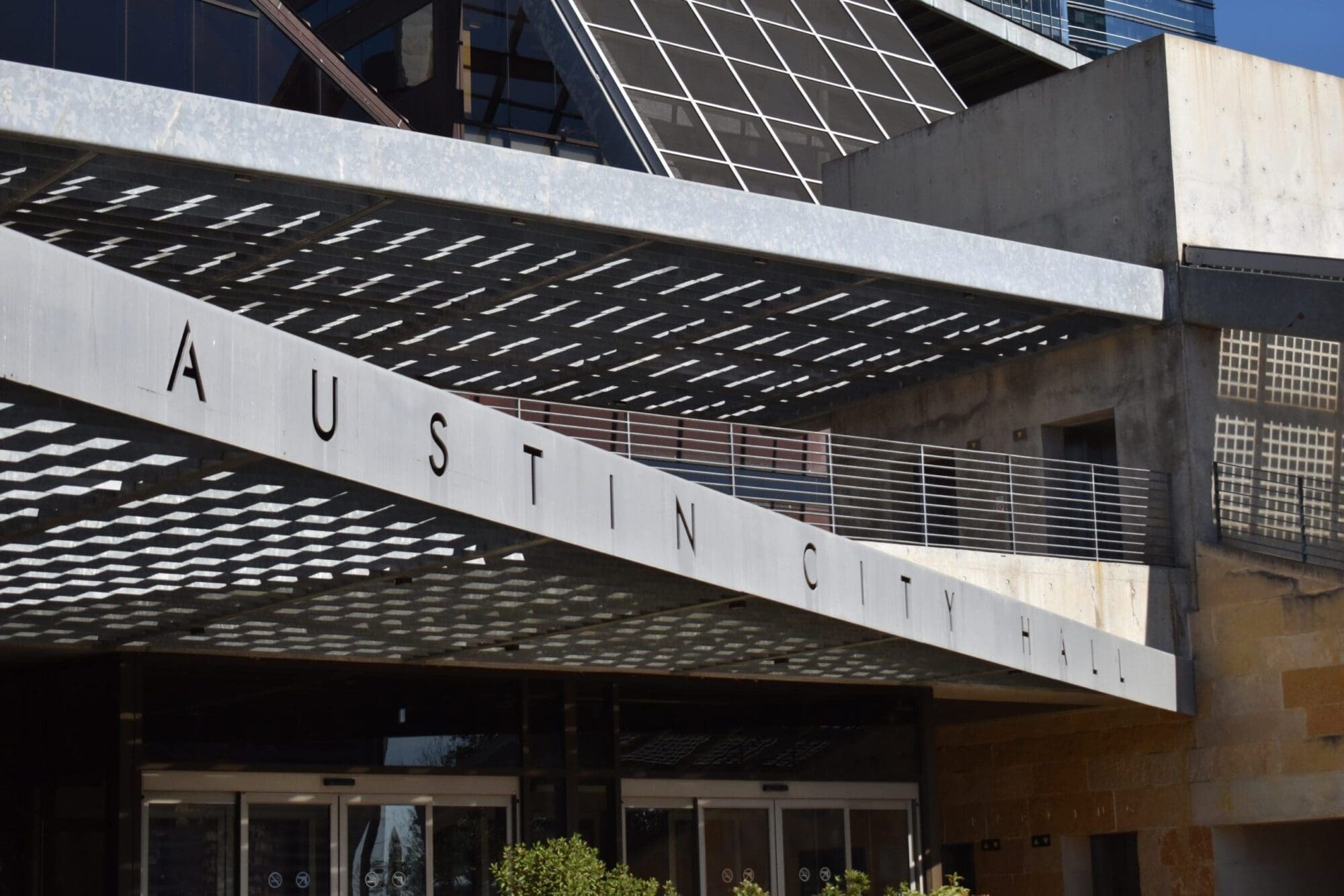The Arlington Chamber of Commerce recently sent out a letter to its members in support of policies that would allow it and local governments to continue using tax dollars to lobby lawmakers.
Taxpayer-funded lobbying is when local governments—such as cities, counties, and school districts—use taxpayer money to hire lobbyists, or other associations that lobby. The alternative to this practice would be for local officials to express their policy views and feedback directly to state officials, just as citizens do, and to prohibit private organizations from using tax dollars to boost their lobbying budgets.
Taxpayer-funded lobbying forces Texas homeowners and businesses to subsidize the political speech of local governments, public sector unions, and even chambers of commerce. The groups routinely join forces to lobby for more government spending, higher property taxes, and debt.
The Texas Municipal League, which is funded by city taxpayers, is perhaps the largest government lobbyist organization.
Although the chamber letter intended to explain why taxpayer-funded lobbying is “needed,” it failed to make a strong case for continuing the unpopular practice.
“Those who oppose taxpayer-funded lobbying describe it as greedy bureaucrats spending taxpayer money to get more power to raise the taxes of those same taxpayers. No Texan would want that.”
But that’s precisely what local governments (and chambers of commerce) often do; they use tax dollars to hire lobbyists to fight against taxpayers. Chamber “leaders” also use their tax-funded influence to support local property tax hikes on their own members, which Texas Scorecard highlighted in 2018 in the City of Plano.
Local governments alone spent roughly $41 million in taxpayer money lobbying state lawmakers in 2017. They successfully opposed tax reforms that were passed by the Texas Senate but ultimately killed twice by the Texas House under disgraced former Speaker Joe Straus.
In 2019, cities and counties again opposed property tax reform legislation that aimed to give Texans a vote on property tax hikes of 3.5 percent or more per year. Fortunately, a version of the reform passed into law, something the chamber lamented in its letter:
“Legislation limiting property tax caps (in 2019) did not go the way cities and counties would have liked.”
Unfortunately for taxpayers, while a version of tax reform passed in 2019, the effort to ban taxpayer-funded lobbying passed the Texas Senate but was killed in the Republican-majority Texas House.
Some Republican lawmakers have said they will try again to ban the practice in 2021. The vast majority of Texans who oppose taxpayer-funded lobbying will have to speak louder than the lobbyists themselves and the officials who benefit from their activities.




